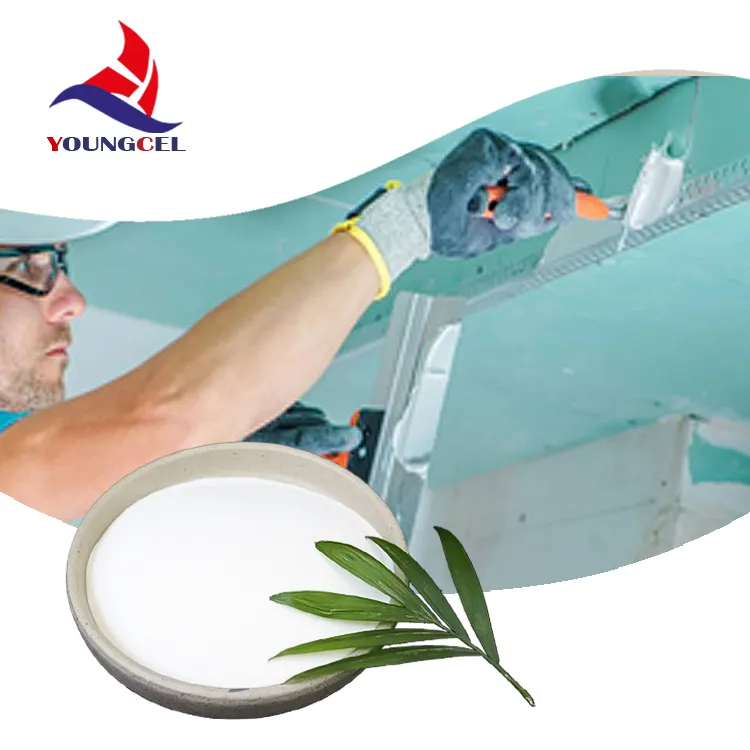The Importance and Applications of Construction Adhesives
Construction adhesives play a crucial role in modern building practices, providing reliable bonding solutions for various materials. These adhesives are formulated to create strong, durable bonds that can withstand the stresses of structural and non-structural applications. From residential homes to commercial buildings, the use of construction adhesives has become increasingly popular due to their versatility, efficiency, and reliability.
Types of Construction Adhesives
Construction adhesives come in various types, each designed for specific applications and materials. Some of the most common types include
1. Polyurethane Adhesives Perfect for bonding porous and non-porous materials, polyurethane adhesives provide excellent flexibility and bonding strength. They are often used for flooring, roofing, and siding applications.
2. Epoxy Adhesives Known for their exceptional bonding strength and chemical resistance, epoxy adhesives are suitable for a wide range of materials, including metals, plastics, and wood. They are ideal for structural applications where durability is paramount.
3. Acrylic Adhesives These are often used in areas where quick curing and adhesion to different substrates are required. Acrylic adhesives are known for their transparency and resistance to weathering, making them perfect for interior and exterior use.
4. Silicone Adhesives Best known for their flexibility and waterproof properties, silicone adhesives are often used in applications requiring a tight seal, such as in windows and doors. They can accommodate movement and are resistant to temperature variations.
5. Hot Melt Adhesives Used in smaller applications or for quick fixes, hot melt adhesives offer fast bonding and can be reactivated by heat. They are often used in craft projects or temporary installations.
Applications of Construction Adhesives
The applications of construction adhesives are extensive, further highlighting their importance in the construction industry
. Here are some prominent areas where these adhesives significantly enhance performance1. Woodworking In woodworking, adhesives are crucial for joining different wood pieces. They ensure a strong bond that can enhance the aesthetic appeal and structural integrity of wooden furniture, cabinetry, and flooring.
construction adhesive

2. Tile Installation Construction adhesives are commonly used for tile installation, providing a secure bond between tiles and surfaces. This application not only ensures durability but also minimizes the risk of tiles cracking or loosening over time.
3. Drywall Installation Adhesives assist in drywall installation by bonding sheets to the underlying structures. This practice can reduce the need for mechanical fasteners, streamlining the installation process and improving the overall appearance of walls.
4. Roofing Construction adhesives are essential in roofing applications, as they secure roofing materials to structures while providing a waterproof seal. This helps prevent leaks and ensures long-lasting protection against the elements.
5. Masonry In masonry work, adhesives help to bond bricks, stones, and other materials. This promotes structural integrity and can make installations faster and more efficient compared to traditional mortar methods.
Benefits of Using Construction Adhesives
Using construction adhesives in building projects offers several benefits
- Speed and Efficiency Adhesives can significantly reduce installation time, enabling quicker project completion. This is particularly important in commercial projects where time is money.
- Cost-Effectiveness Adhesives can often replace mechanical fasteners, lowering material costs and reducing labor expenses related to installation.
- Versatility With a variety of adhesives available, builders can select the best-suited products for different materials and conditions, ensuring reliable performance across various applications.
- Environmental Resistance Many construction adhesives are designed to withstand harsh weather conditions, ensuring that materials remain bonded despite exposure to the elements.
In conclusion, construction adhesives are an indispensable component of modern construction practices. They offer reliable bonding solutions for diverse materials, streamline installation processes, and enhance the overall durability and safety of structures. As technology advances, the formulation of construction adhesives continues to improve, promising even greater innovations for the construction industry in the future.
-
Rdp Powder: Key Considerations for Wholesalers in the Building Materials IndustryNewsJul.08,2025
-
Key Considerations for Wholesalers: Navigating the World of Hpmc - Based ProductsNewsJul.08,2025
-
Hpmc Detergent: Key Considerations for WholesalersNewsJul.08,2025
-
Key Considerations for Wholesalers: China Hpmc For Tile Adhesive, Coating Additives, Concrete Additives, and MoreNewsJul.08,2025
-
Crucial Considerations for Wholesalers: Navigating the World of Construction MaterialsNewsJul.08,2025
-
Key Considerations for Wholesalers Sourcing Additive For Cement, Additive For Concrete, Additive For Putty from Additive Manufacturer Shijiazhuang Gaocheng District Yongfeng Cellulose Co., Ltd.NewsJul.08,2025




